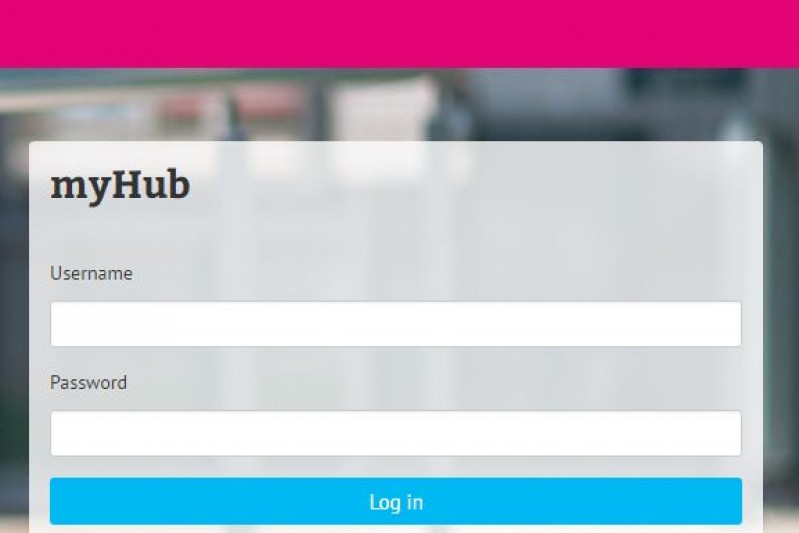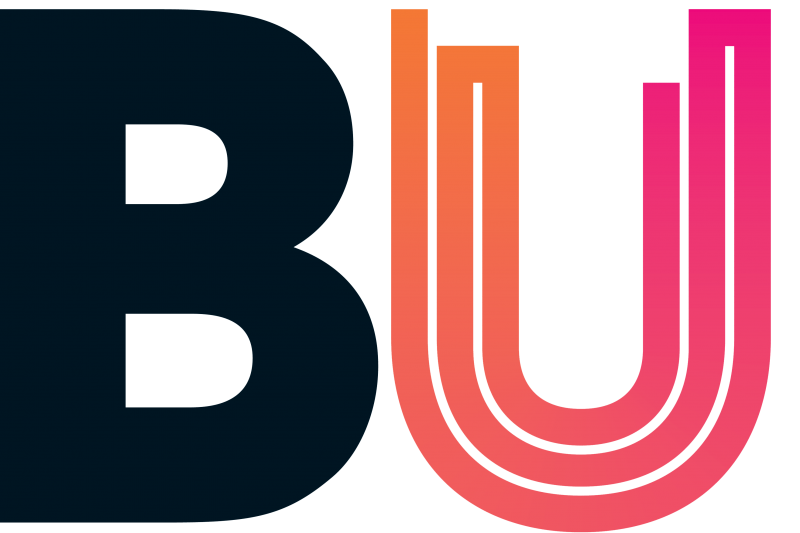
It is common for there to be a rise in scams targeting university students when starting university. These scams may take place online, via social media, email or by phone, and are an attempt to gain access to systems or encourage you to disclose financial information.
Often these scammers try to disguise themselves as being from a reputable organisation such as the Home Office, UK Visas & Immigration (UKVI), local or international Police, HM Revenues & Customs (HMRC), Department of Education, the Student Loans Company, PayPal or even BU services such as IT or the library. The scams attempt to get money from you or use your identity; international students in particular have been targeted by these scams and in some cases have lost large amounts of money.
How to protect yourself
- Be cautious when answering phone calls or emails that you were not expecting. Scammers could use fake caller or email ID's to attempt to persuade you
- Do not click on any links or open attachments contained within emails which you are not expecting
- Stop and think before taking any action. Always consider if you are being forced or rushed into something because you are being made to feel curious, scared or sympathetic
- Never give out personal information over the phone unless you are certain the caller is from a trusted source. If unsure you can hang up, wait 10 minutes and then call the company directly via a trusted number to authenticate the call
- If in doubt, go to the company's trusted or official website. If you receive an email which asks you to login to an online account via a link provided in the email, instead of clicking on the link, open your browser and go directly to the company’s website yourself. You can also authenticate any phone number with the information on their official website.
- Ask friends or family for their thoughts on whether the information is legitimate or get in touch with BU for assistance. You can contact AskBU or the IT Service Desk on (01202 9)65515 or freephone 0808 196 2332.
- If you have a job abroad and an email mentions visa fees, ask the embassy representing the country where you will be working how to obtain a visa and how much it costs. Check that the answers the potential employer or recruiter gave you are the same – if they’re not, it may be a sign of fraud.
What to do if you’re a victim:
If you fall victim to a scam, it is important that you reach out for help and support. This can help protect your information and stop others also falling victim to the same scam.
- If you think your bank details have been compromised or if you believe you have been defrauded, contact your bank immediately
- If you have accessed a potential malicious website or you have given away login credentials, please reset the password for your compromised account, and for any accounts that use the same login details.
- Stop all communication with the email sender but make a note of their details
- If you have replied to an email or clicked on a weblink, please call contact IT Services on 01202 965515 (freephone 0808 196 2332) so that our teams can ensure BU systems are not compromised
- Report the scam to the Dorset Police or contact AskBU for further guidance and support.
- If you have been affected by this, or any other type of fraud, you can also report it to the Action Fraud website or by calling 0300 123 2040.
Please note, if a crime is in progress, dial 999 - you can call both 999 and 101 from a landline or a mobile phone for free, even if you have no credit, and most smartphones allow you to make calls without unlocking the home screen.
Examples of reported scams include:
Make sure that you're aware of these and contact us if you are concerned about yourself or a friend.
Scammers impersonating Chinese police officers
The FBI and the BBC have recently made us aware of a scam targeting Chinese students attending university. Criminals are contacting victims to tell them they are being investigated for an alleged financial crime in China and requirement to pay to avoid arrest. The criminal actors then direct victims to consent to 24/7 video and audio monitoring. To keep yourself safe please read and follow the advice detailed in this BU news article.
Smishing scams related to student maintenance payments
The Student Loans Company (SLC) has published an alert urging students to be aware of an increase in smishing scams regarding student maintenance payments. Cyber criminals are impersonating the SLC via telephone calls, emails and text messages and asking students to click on a link to change their bank details. It is important to remember that the SLC will never ask you to provide your personal or financial information via email or text message. To keep yourself safe please read and follow the advice detailed in this BU news article.
Further information
Sign up for free to Action Fraud Alert to receive direct, verified, accurate information about scams and fraud in your area by email, recorded voice and text message.
Visit our IT security - stay safe online pages for more information on managing your passwords, securing your devices, reporting a security or data breach and social media awareness. If you'd like to talk to someone about any online safety issues you can call the BU IT Service Desk on 01202 965515, option 1.



